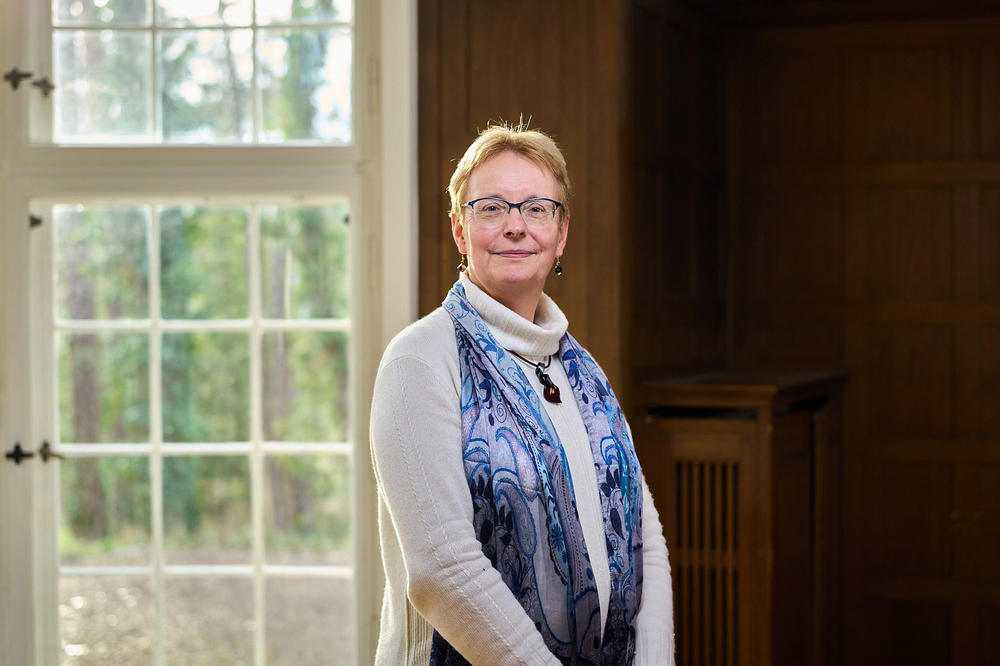“The situation has shown that our students are interested in well-founded historical information and engaging in respectful discussions”
campus.leben series: “How have research and teaching changed since October 7, 2023?” / Islamic studies expert and historian Ulrike Freitag
Oct 02, 2024
October 7, 2024, marks one year since Hamas launched its terror attack against Israel. We asked scholars at Freie Universität Berlin who teach and conduct research on the region and the conflict in the Middle East for their perspectives. What is their professional view of the situation? How has their work and their discipline changed over the past year? This series will be a recurring feature in campus.leben for the foreseeable future.
A commentary by Islamic studies expert Professor Ulrike Freitag
The horrific attack on Israel by Hamas came as a massive shock, as have the scale of Israel’s retaliatory strikes and the ongoing hostilities between both parties. I am a professor of Islamic studies at Freie Universität Berlin and director of Leibniz-Zentrum Moderner Orient. Shortly after the war broke out I traveled to different Arab Gulf states for research. Rarely have I been as acutely aware of how a series of events can be perceived from such irreconcilable standpoints as during this research trip. In Germany, it was the horror surrounding the killing and kidnapping of Israeli civilians that dominated the discourse, while my Arab colleagues were more preoccupied with the bombardment of Gaza. But that wasn’t all: On both sides there was a blatant refusal to acknowledge the suffering of the other side. While those in Germany who pointed to Gaza’s history of occupation and isolation as well as efforts to obstruct a two-state solution were accused of downplaying the attack or even slandered as apologists for terrorism, in the Arab Gulf states you could be mistaken for thinking that Israel had simply unleashed a war on Gaza without any prior provocation.
These irreconcilable viewpoints can also be seen among supporters of both sides in Germany. Polarization has split the campus of Freie Universität down the middle. These fractures can also be seen throughout society, the media, and academia. Opinions on how the conflict has played out differ, as do the opinions surrounding which facts are to be accepted as true. German fears of escalation and bans on pro-Palestinian demonstrations as well as the shutting down of the Palestine Congress in Berlin in April of this year have further stifled opportunities to discuss the subject in a constructive manner.
The one bright spot in this situation is that our students are interested in well-founded historical information and engaging in respectful discussions. Reestablishing an open discursive space in the German and international public sphere is crucial if we ever want to move toward a lasting peace in the Middle East.
About the authorProf. Dr. Ulrike Freitag is a historian of the modern Middle East and director of Leibniz-Zentrum Moderner Orient.

